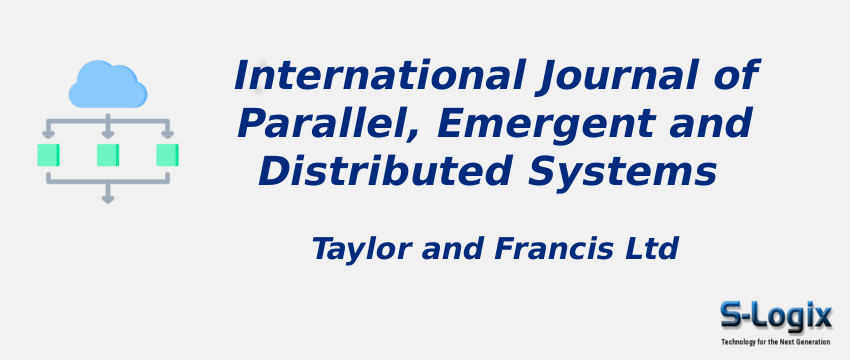Journal Home: Journal Homepage
Editor-in-Chief: Andrew I. Adamatzky
Print ISSN: 17445760
Electronic ISSN: 17445779
Abstracting and Indexing: Scopus
Imapct Factor 2024: 0.7
Subject Area and Category: Computer Science,Computer Networks and Communications,Information Systems,Software
Publication Frequency:
H Index: 27
Q1:
Q2:
Q3: Computer Networks and Communications
Q4:
Cite Score: 2.3
SNIP: 0.433
Journal Rank(SJR): 0.276
Latest Articles: Latest Articles in International Journal of Parallel, Emergent and Distributed Systems
Guidelines for Authors: International Journal of Parallel, Emergent and Distributed Systems Author Guidelines
Paper Submissions: Paper Submissions in International Journal of Parallel, Emergent and Distributed Systems
Publisher: Taylor and Francis Ltd.
Country: United Kingdom
